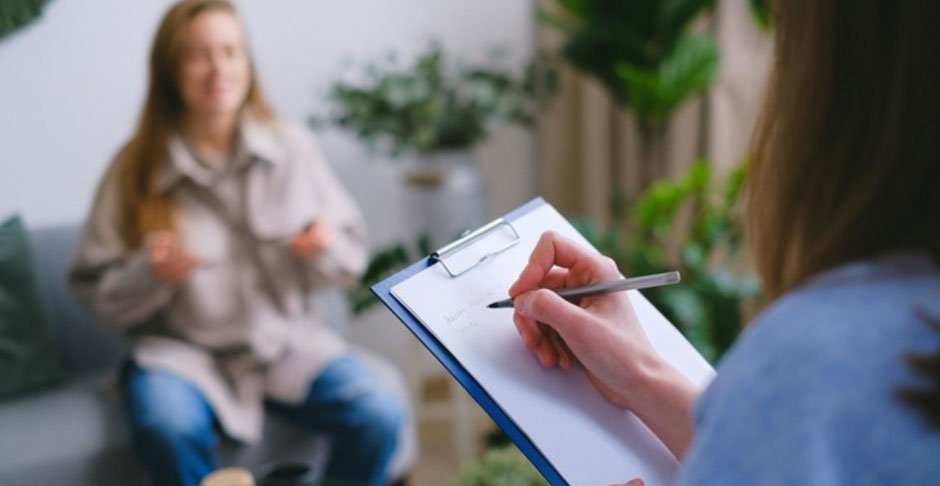Skip to the good bit
ToggleCounselling can change your life by helping you move from where you are to where you want to be emotionally and mentally. It provides a space for personal growth, healing, and self-discovery, enabling you to explore your thoughts and feelings in a safe and supportive environment. The relationship you build with your counsellor is important, as it creates a supportive environment to discuss challenges without fear of judgment.
As you prepare for your counselling session, remember that this is an opportunity for genuine engagement with yourself. Understanding your feelings, behaviours, and experiences is the first step toward identifying your needs and goals.
Here are some tips to help you prepare for your counselling session.
Mindset
Your mindset is key when approaching a counselling session. Be open and ready to engage, as this will help you make the most of your time. Remind yourself why you decided to seek counselling. Reflecting on your goals can create a welcoming space for new insights.
Take time for self-reflection before your session. You can journal or sit quietly to gather your thoughts. Consider what feelings you have been experiencing. What situations or relationships are on your mind? Having a clearer understanding of these things can lead to more productive discussions.
Journalling
Keeping a journal can help you prepare for your counselling session. Writing down your thoughts allows you to examine your feelings and experiences more closely. Please note any insights, questions, or topics you would like to discuss. This practice clarifies your thoughts and provides a reference point during your session.
If you’re unsure what to write, start by explaining why you’re seeking counselling. Are there patterns or events that repeat in your life? Write those down. Use your journal to explore your thoughts and emotions in a safe and private setting. This can help you feel more connected to your therapeutic journey.
Goals
Setting clear goals for your counselling sessions can help you focus. These goals can be simple, like wanting to understand a specific feeling or learning to cope with stress. Identify areas in your life you want to improve or understand better. This clarity can guide your conversations and help your counsellor provide support.
During your session, share these goals with your counsellor. They can work with you to create a plan that prioritizes your aims. Verbalizing your aspirations can be empowering and give you a sense of accountability and direction.
Questions
Preparing questions in advance can help facilitate more effective discussions during your session. Consider the insights you want to gain and formulate questions about those topics. If you wish to explore coping strategies, understand your feelings, or address a challenging relationship, having these questions ready can facilitate deeper conversations.
You might also ask about the counselling process itself. For instance, how does the counsellor handle certain situations, or what techniques do they find useful? With these questions, you’ll feel more engaged and know what direction to take during the session.
Emotions
It’s common to feel a mix of emotions before your counselling session. Reflect on how you feel about sharing your thoughts and experiences with others. Are you anxious, excited, or a bit nervous? Knowing your emotions can help set the tone for your session.
When you understand how you feel, you can express these emotions better during your session. This honesty can lead to a stronger connection with your counsellor and make the experience more beneficial.
Environment
Creating a comfortable environment can also help you prepare. If possible, take a moment to gather your thoughts and calm yourself before your session. Whether you take a walk in nature, do deep breathing exercises, or meditate for a few moments, taking this time can make a difference.
Wear something comfortable or set up your space so you feel relaxed, especially for virtual sessions. A comfortable environment lets you focus on your emotions and thoughts without distractions during the session.
Reflection
Preparing for a counselling session means connecting with yourself and creating a good space for healing. By considering your mindset, writing down your thoughts, setting goals, forming questions, acknowledging your emotions, and creating a comfortable environment, you can enhance your experience. The goal is to encourage personal growth and explore who you are.
The key is preparation. Not in a strict way, but as a way to make room for your thoughts and feelings. Embrace this journey as you step into your next counselling session, and you may find the process easier and more insightful.







